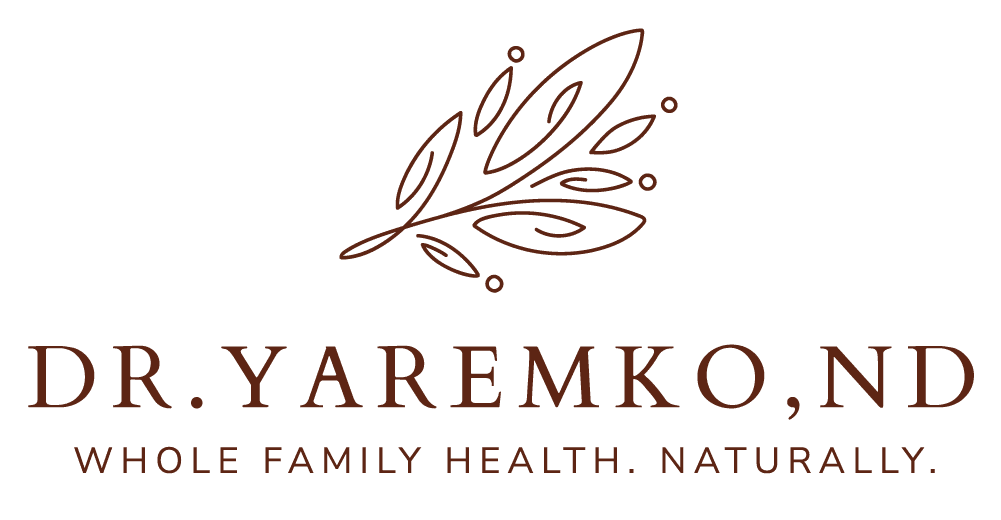blog post
“Should I be taking a daily multivitamin?”

A question I often hear is “Should I be taking a daily multivitamin?” The answer to this question is an emphatic “maybe”. With so much controversy surrounding our nutritional status due to poor diet or depleted soils leading to lower mineral levels in food, it is understandable why many people believe the only way to ensure adequate nutrition and a healthy body is to take your vitamins. On the other hand, others will look at the study published in 2015 that linked people taking a daily multivitamin to higher risk of cancer and conclude that vitamins are bad because they cause cancer. The truth can probably be found somewhere between these two extremes.
What are multivitamins?
First, a daily multivitamin is a supplement meaning that it “completes or enhances something else when added to it.” It is not a replacement. If you are relying on a daily multivitamin to supply you with all your nutritional needs you are going to be disappointed. Second, you need to consider the quality of your vitamins and what they are actually made of. You might say, well vitamin c is vitamin c is vitamin c, but that’s not true. Vitamins have different forms and can be buffered or attached to different compounds that have different effects. Multivitamins can be separated into 2 groups: Synthetic and food based.
Beware of synthetic multivitamins
The vast majority of vitamins out there are synthetic- meaning they have been synthesized (or created) in a laboratory. Some companies are now making food based vitamins where they actually extract the vitamins from food. There are different ways of doing this and some are better than others. The best way I know of is thin film technology which allows the water to evaporate from the food without high heat or solvents. This means all the nutrition is left, and the vitamins and minerals are in a form that our bodies recognize as food. Not to mention all the other compounds in food that we haven’t identified or discovered their therapeutic values yet are also present. This is not the case with synthetic vitamins.
I can’t say that synthetic vitamins don’t have their uses. They are relatively cheap to produce and you can fit higher dosages into tablets and capsules (because you don’t have all the other food compounds). These high dosages can drive certain reactions and pathways in the body for therapeutic benefit when used correctly. If you are relying on synthetic multivitamins to cover you for your daily needs, it’s probably not the best choice.
Food-based Multivitamins
I think it’s clear that I prefer food based multivitamins to synthetic ones, but do you even need to be taking a daily food-based multivitamin? In an ideal world where you eat healthy all the time and are getting at least 8 – 10 servings of fruit and vegetables daily (more if you are active or trying to conceive) and a wide variety of foods, you don’t need a multivitamin at all. However, many of us don’t have optimal daily eating habits (or we go through periods of time where our patterns change or needs change- high stress, for example), or we have digestive problems that are reducing our absorption of nutrients. In these cases, a daily food based multivitamin or well formulated greens supplement would be of great benefit. The other benefit to food based multivitamins is that you can take them on an empty stomach because your body recognizes them as food. Which is super helpful when you’re stressed out running late for an important meeting and you haven’t had breakfast and if you don’t take your vitamins now you’ll forget until tomorrow or the day after. Relax, you can take them with or without food!
So, I’ll ask you now, should you be taking a daily multivitamin?
Are you ready to change your life for the better? I’m here to support your growth in any way I can. Find out more about how I can help you here.

behind the blog
Dr. Stephanie Yaremko
Teaches wholesome practices for individuals and families who want to take health and happiness to the next level.
